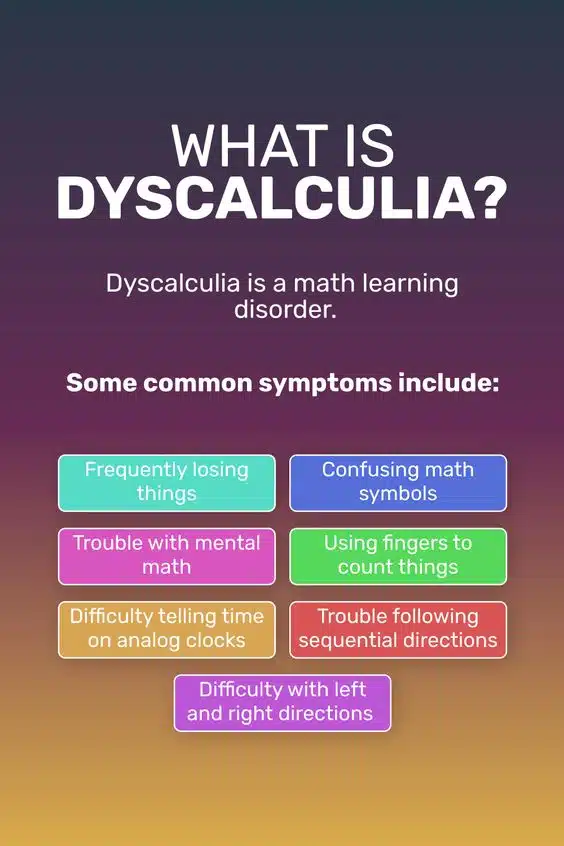Understanding Intelligence Quotient (IQ) and its practical application can help parents support their children’s development. Here’s a concise overview:
- IQ Basics: IQ measures a person’s cognitive abilities, including problem-solving, language comprehension, and memory.
- Scoring: IQ test results range from 0 to 200, with an average score of 100.
- Interpretation: Scores above 100 indicate higher intelligence than average, while scores below 100 suggest lower intelligence.
- Real-Life Examples: IQ can help identify areas of strength and weakness in a child’s learning process, aiding in tailored support and educational strategies.
- Limitations: IQ is just one aspect of intelligence, and it doesn’t encompass emotional intelligence, creativity, or other essential skills.
- Nurturing Intelligence: Focus on holistic development, fostering curiosity, critical thinking, and social skills for a well-rounded individual.
While IQ provides valuable insights, remember that intelligence is multi-faceted, and nurturing a child’s overall growth is key. Goally’s tablet empowers kids with life & language skills through fun apps like visual schedules, AAC, and gamified learning. It fosters emotional regulation, executive functioning, and social skills with engaging videos.
This post was originally published on Feb. 10, 2023. It was updated on July 21, 2023.










